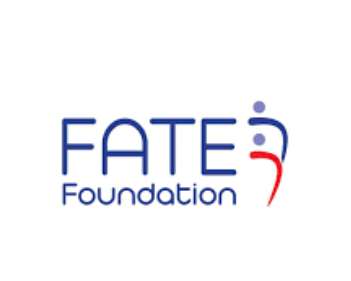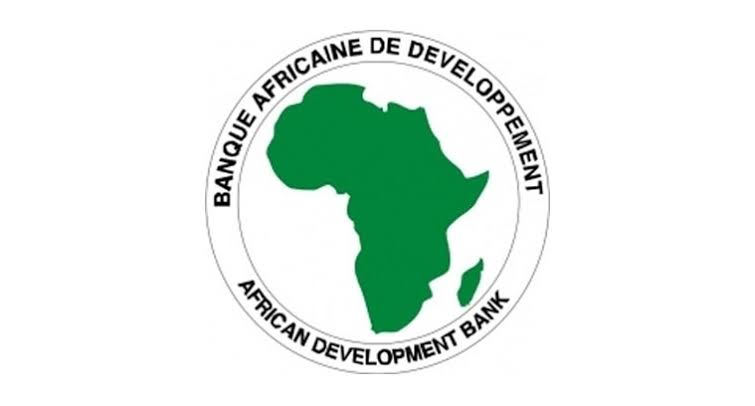FATE Foundation has revealed that Nigerian businesses created 14,269 jobs in 2025, even though small enterprises recorded a net job loss within the same period. The organisation shared these findings in its 2025 State of Entrepreneurship Report released on Wednesday in Lagos, drawing attention to the pressures shaping the country’s business environment.
The report surveyed 10,882 enterprises across all states and the FCT to evaluate business growth, sector resilience, and the effect of ongoing macroeconomic reforms on MSMEs. Executive Director of FATE Foundation, Adenike Adeyemi, noted that entrepreneurs operated in a high-cost climate influenced by monetary tightening, FX unification, fuel subsidy removal, rising taxes, and persistent inflation. She described the 2025 edition as a crucial moment for the nation’s enterprise sector.
Adeyemi explained that the State of Entrepreneurship Index stood at 0.47 out of 1.0, marking the first slight improvement since 2022. She said most entrepreneurs remained optimistic about their prospects despite the challenging terrain, with many rating the business environment as fairly positive.
The findings showed that businesses continued to hire, even though many struggled to retain staff. Out of the 14,269 jobs created, 9,083 were full-time, while 5,186 were part-time. However, 16,571 jobs were lost during the same period, resulting in a net loss of roughly 2,300 jobs. FATE Foundation said the pattern portrayed a sector that remains determined but fragile, as most new hires were made by very small firms employing only one to three people.
The report highlighted the impressive performance of female-led enterprises. Although only a little over a quarter of women entrepreneurs accessed institutional finance, nearly seventy per cent still recorded business growth, surpassing male-led enterprises. It noted strong business birth rates among women in Jigawa, Kwara, and Adamawa, which it linked to expanding access to microcredit, digital tools, and empowerment initiatives in emerging regions.
Sub-national analysis placed Kogi, Kwara, and Bauchi among the top-performing states on the Entrepreneurship Index, while Lagos, Jigawa, and Taraba also showed strong results. Gombe, Imo, and Kaduna ranked lowest due to weak infrastructure, limited finances, and inadequate business support systems.
Entrepreneurs identified access to affordable credit as their most urgent challenge for the fourth straight year. They also pointed to policy uncertainty, difficulty entering new markets, and inadequate support structures. Adeyemi said the most pressing problems had become institutional and market-related, urging government agencies to strengthen coordination and make policies more consistent.
Minister of State for Industry, Sen. John Enoh, said the government was implementing an industrialization plan that would help MSMEs grow rather than struggle. He explained that the plan focuses on expanding credit guarantees, improving access to industrial energy, establishing new financing windows, and widening export opportunities under AfCFTA. He stressed that the government wants an economy where innovation drives growth and youth enterprise becomes a real economic force.
Founder and Chairman of FATE Foundation, Fola Adeola, said the dialogue’s theme, From Enterprise to Industry, emphasized the need to transform MSMEs into engines of production rather than treating them as small actors on the fringes. He noted that industrialisation demands policy coherence, institutional alignment, and deeper collaboration across sectors.
The report recommended reforms that address finance, infrastructure, power supply, security, digital adoption, and market linkages. FATE Foundation said its findings provide the data required for policymakers to remove institutional barriers and unlock MSME productivity across the country.









